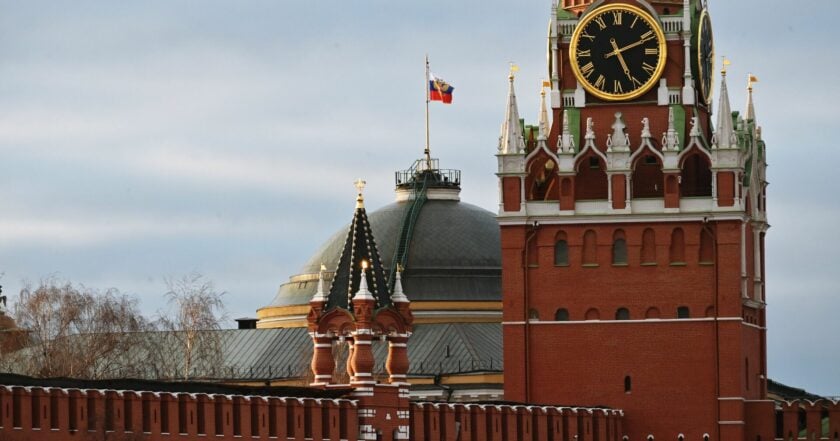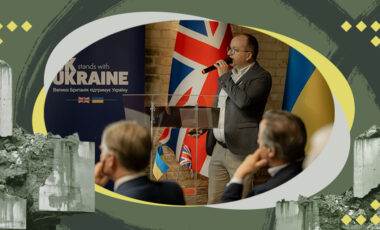Russian media preparing public for protracted war – ISW

Photo: Ria News
The state media of the Russian Federation edited the comments of the Deputy Chairman of the Security Council of Russia, Dmitry Medvedev, saying that he said that the Ukrainian state will not exist until 2034. In this way, they are preparing the Russian public for a long war in Ukraine, promising that the Russian Federation will complete its goal of destroying Ukrainian statehood within ten years.
The Institute for the Study of War (ISW) reports this.
Medvedev, in an interview with the Russian publication "Arguments and Facts" (AiF) on July 17, stated that it was "not for nothing" that NATO Secretary General Jens Stoltenberg assumed that Ukraine could join the alliance within the next ten years, and concluded that Ukraine "never" will not join NATO because NATO leadership will change by 2034, and therefore "it is quite possible that the infamous 404 country [a derogatory use of the computer "error" code 404, meaning that Ukraine is not a real country] will also cease to exist.
Analysts at the institute noted that Medvedev did not directly say that Ukraine would cease to exist by 2034 – instead, it was a tangential implication of his statements – but Russian media, including the Kremlin's TASS news channel, immediately began publishing articles with headlines such as:
- "Medvedev admitted that Ukraine will cease to exist in 2034"
- and "Medvedev predicted the disappearance of Ukraine by 2034".
The current editing of Medvedev's statements by Russian media carries various implications. Firstly, the direct assertion that Russia can "destroy Ukraine" by 2034 serves as a promise to the Russian population that the country will be victorious in the war and fulfill its objective of eradicating Ukrainian sovereignty within ten years. This creates a climate of careful information and public anticipation for a decade-long war, ultimately resulting in Russia's desired triumph.
This Russian narrative also directly and decisively undermines individual attempts by some Kremlin officials to suggest that Russia is ready to "negotiate" "peace" with Ukraine and further emphasizes that the only desired end goal of the war for the Kremlin is the complete destruction of the Ukrainian state and people.
Neither Ukraine nor the West can count on negotiations with Russia on Russian terms if the Russian terms include the destruction of Ukraine and its people within the next ten years.
ISW Key Findings as of July 17:
- Russian state news outlets editorialized comments by Russian Security Council Deputy Chairperson Dmitry Medvedev and claimed that he said that the Ukrainian state will no longer exist by 2034, likely to support the Kremlin's efforts to prepare the Russian public for a long war in Ukraine while promising that Russia will complete its objective to destroy Ukrainian statehood within a decade.
- Russian officials continue to seize diplomatic meetings with European states to create the impression that Russia is normalizing its relations with the West and claim that there is limited Western support for Russia.
- Russia and India continue strengthening their bilateral relationship amid reports of ongoing Russian weapons exports to India.
- Russia and Ukraine exchanged 95 prisoners of war (POWs) each in a one-to-one POW exchange on July 17.
- Kremlin officials continue attempts to curry favor with Russian ultranationalists by appealing to anti-migrant animus despite such appeals generating tensions with the Russian government's efforts to execute the Kremlin's broader migration policy.
- Ukrainian forces regained positions south of Toretsk, and Russian troops recently advanced north of Kharkiv City and near Kupiansk, Svatove, Avdiivka, and Vuhledar.
- Russia's crypto-mobilization campaign continues to generate increasing financial costs for the Russian government.
The report notes that Ukraine continues to demonstrate its willingness to negotiate with Russia on its own terms, and that Ukraine's demands for a peaceful settlement are in line with international law, as opposed to Russia's reluctance to engage in negotiations that end in nothing but a demand for Ukraine's full surrender.




















































